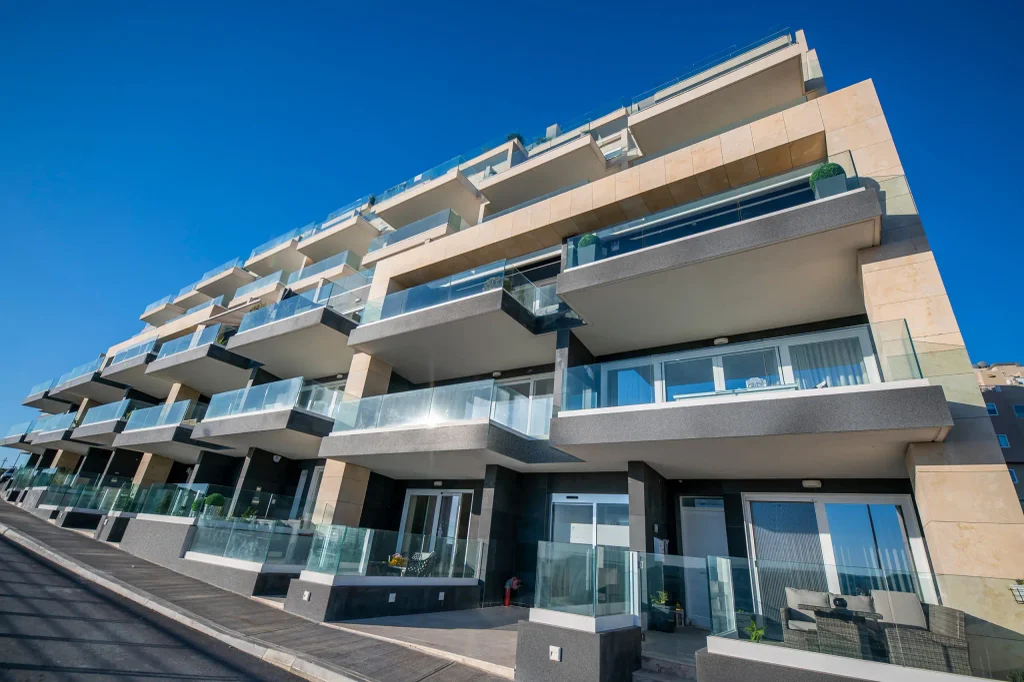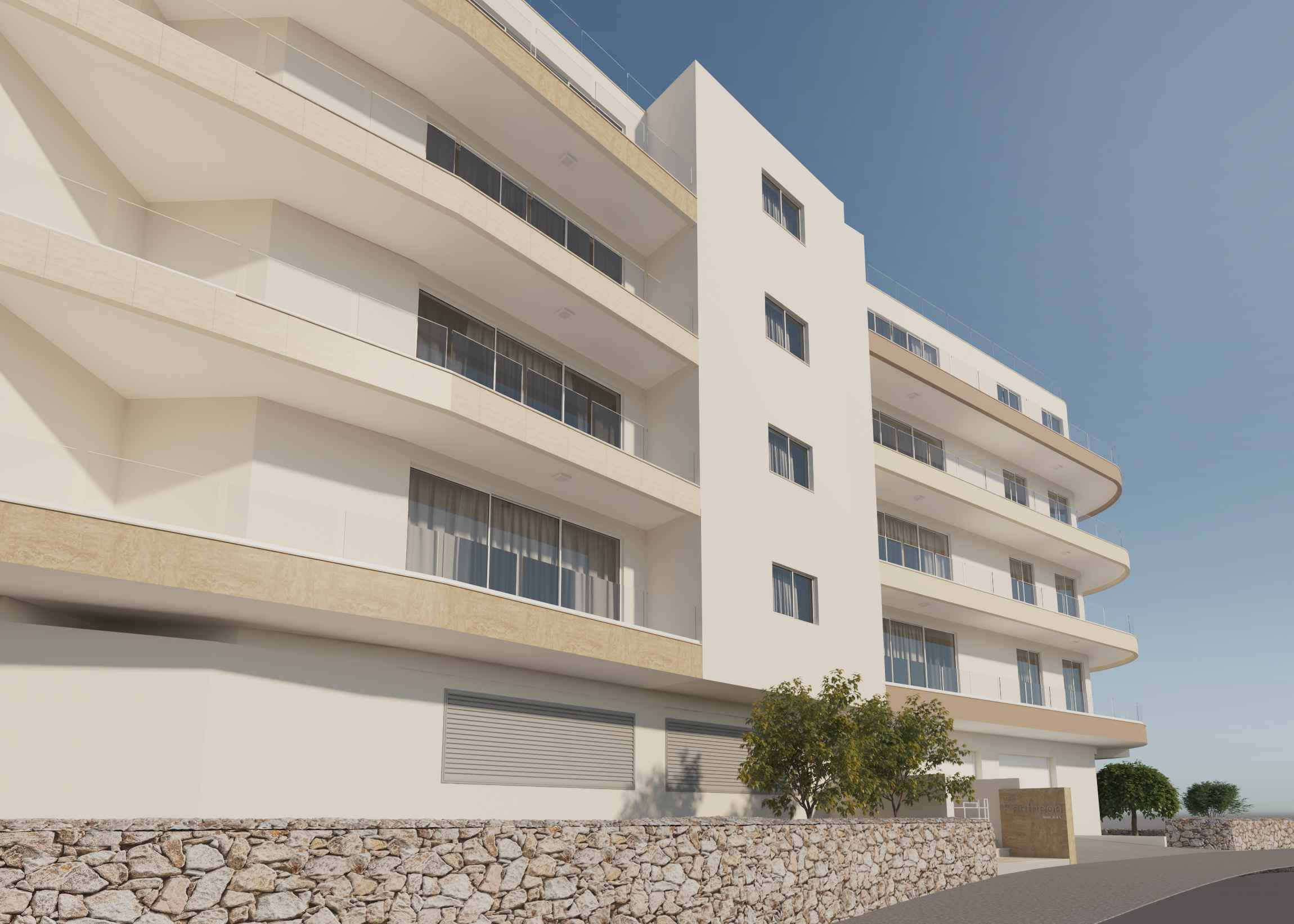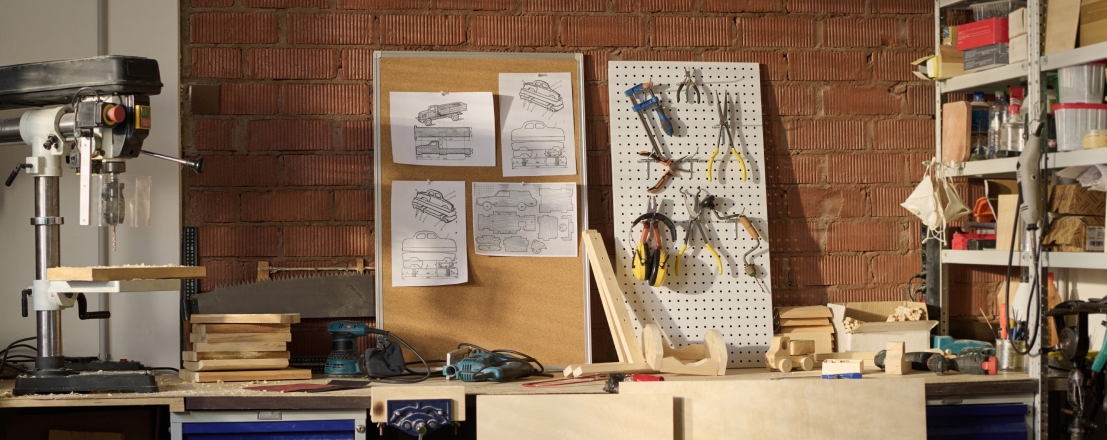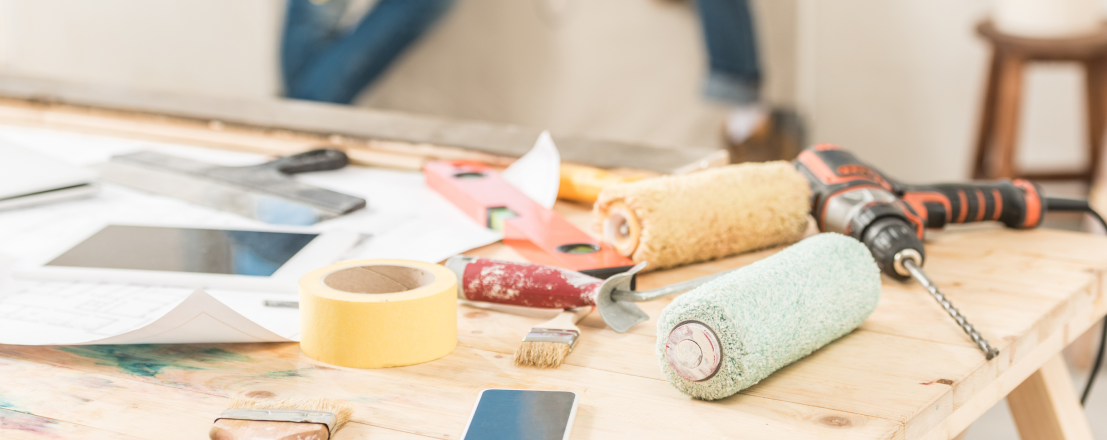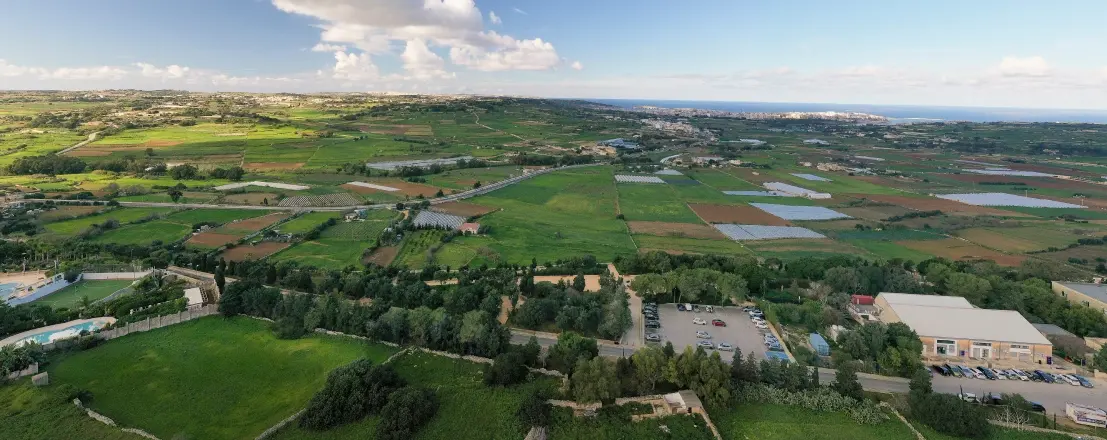At GAP, we are committed to creating great places where people love to live, work and relax. Where the homes are light-filled and finished to very high standards enhancing well-being and quality of life for residents and visitors. Where people feel a sense of community. We can help you find your dream property in Malta.
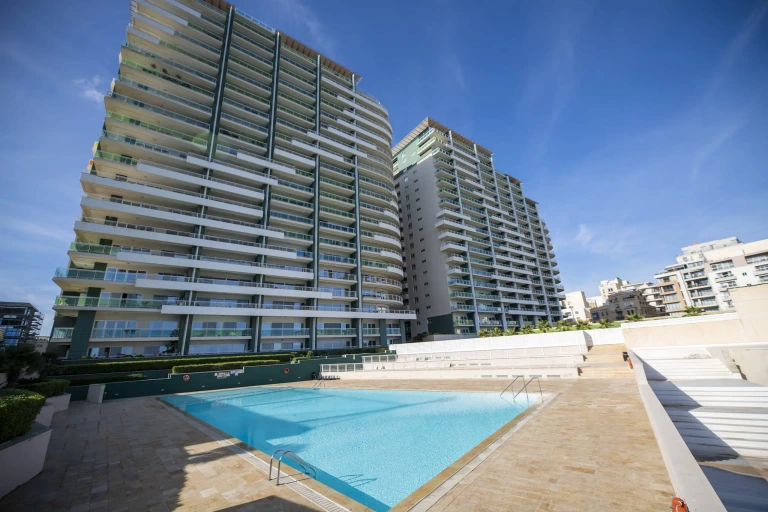
GAP Homes provides premium-quality properties for sale in Malta. Our objective is to build market-leading new homes at exceptional value for money.
We ensure that developments abide by the stipulated timelines, regardless of the project size, ensuring your peace of mind. If you’re looking for your dream home in Malta and are not sure where to start, our team is always ready to help you out.
Professional in our approach, entrepreneurial in our thinking and loyal in our relationships, GAP Homes is all about mutual benefit. A family business run with family values.
Latest Projects
News & Insights
What People Say
Interested In Our Developments?
Envision the home you’re looking for by exploring our premium-quality properties for sale in Malta.
Our developments boast high-quality finishes, spacious open plans, and outdoor spaces. Discover properties that turn dreams into reality.
View All Developments